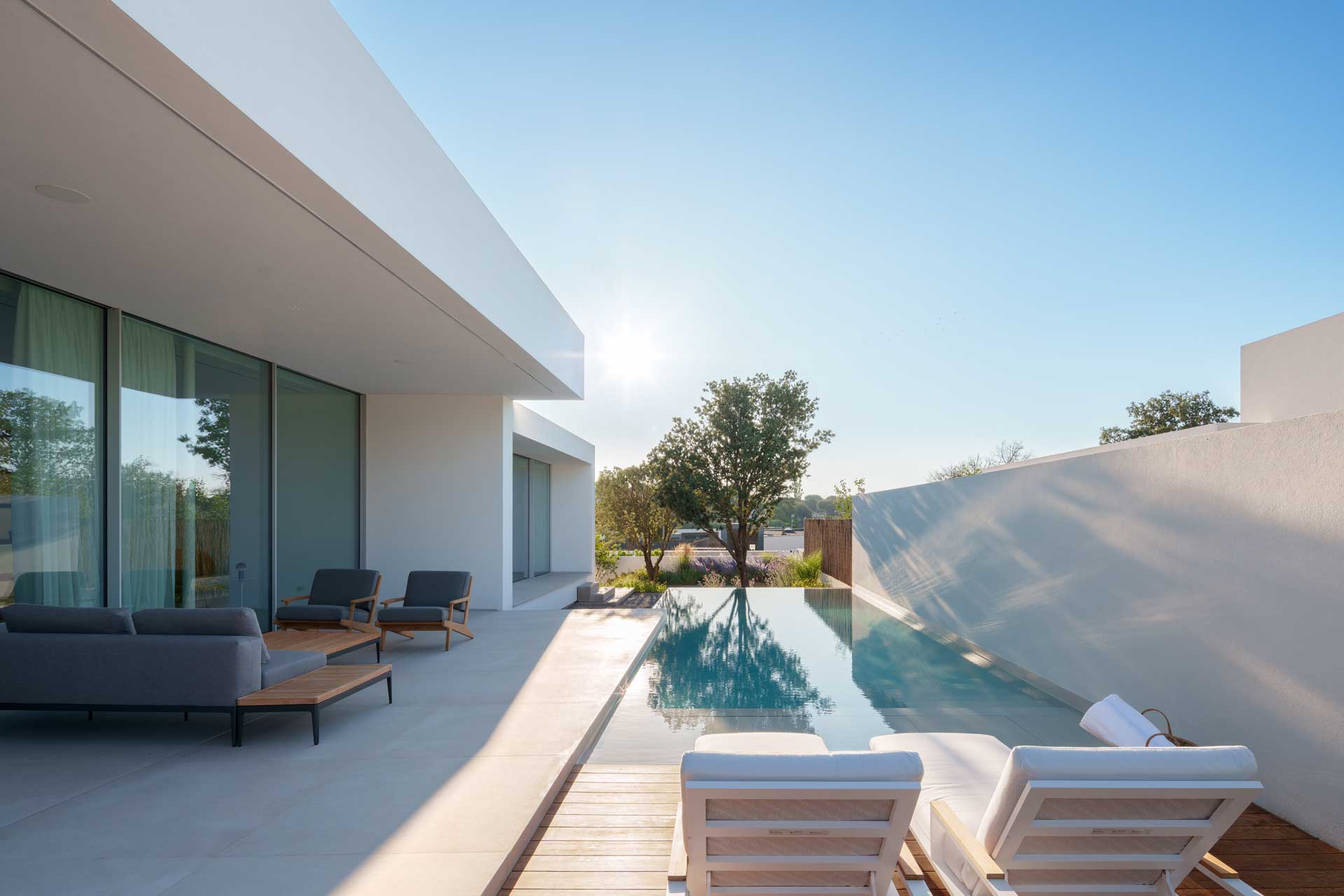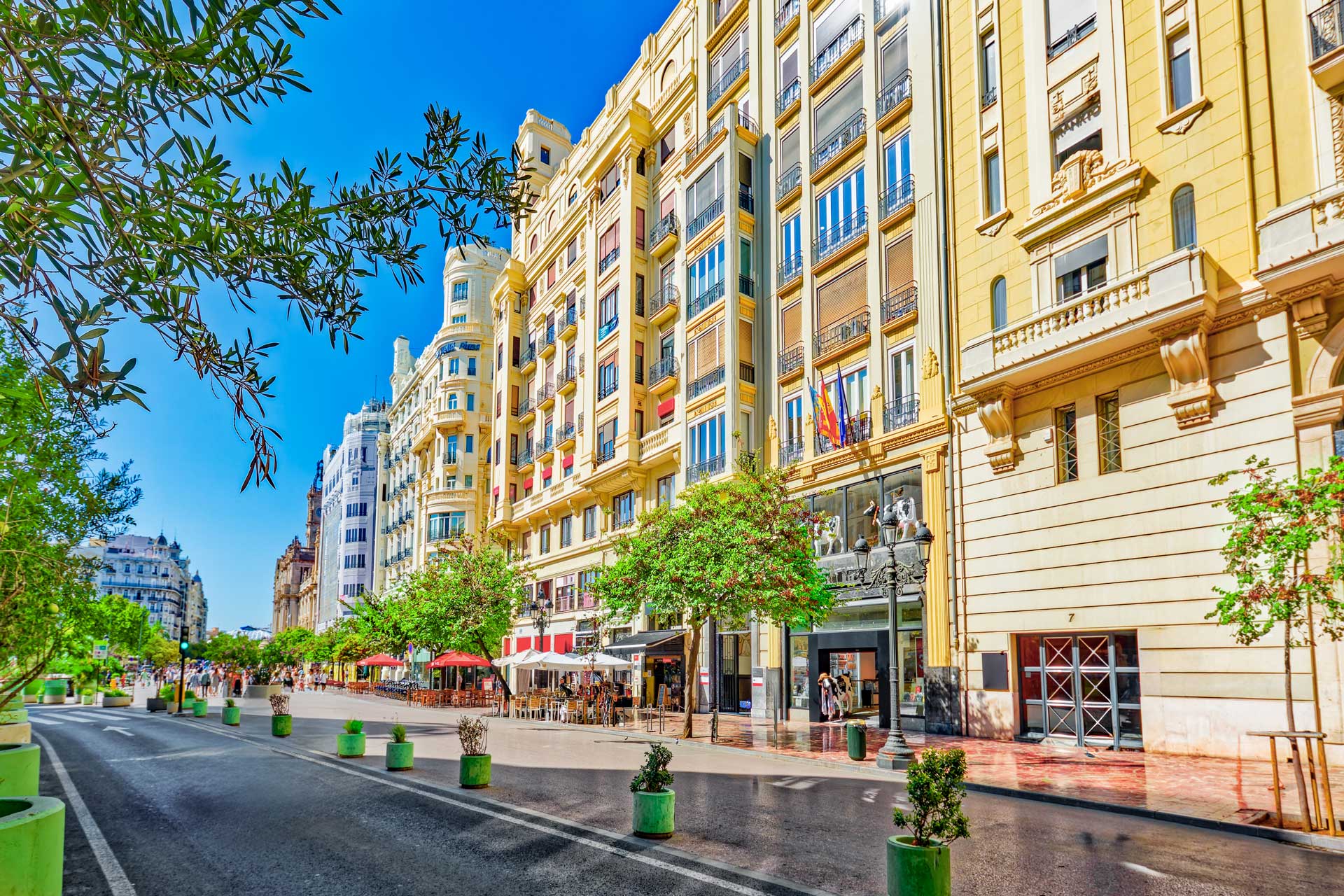As we enter 2025, Valencia remains one of the most attractive cities in Europe for its quality of life and affordability. However, the economic landscape is evolving, and forecasts for the year ahead suggest continued increases in housing costs and living expenses. Despite these trends, Valencia’s charm, cultural richness, and accessibility make it a city worth investing in for individuals, families, and retirees looking for a better lifestyle in the Mediterranean.
Valencia, Spain’s third-largest city, has become a magnet for expats, retirees, families, and professionals looking for an affordable yet vibrant lifestyle. Known for its beautiful Mediterranean coastline, rich cultural heritage, and world-class amenities, Valencia offers an exceptional quality of life without the hefty price tag found in other major European cities. But how much does it really cost to live in Valencia in 2025?
This guide will take you through the most significant aspects of the cost of living in Valencia, from housing and utilities to dining, transportation, and education, helping you plan your relocation or adjust your budget effectively.
Housing Costs in Valencia
One of the main expenses when living in Valencia is housing. Whether you choose to rent or buy, the market has seen noticeable changes in recent years.
Renting a Home
The rental market in Valencia is experiencing increasing demand, pushing prices upward. As of December 2024, the average rent for a 2-bedroom apartment stands at around €1,500 per month, reflecting a sharp increase of 77% since 2019. In the city center, where demand is highest, rental prices for a two-bedroom apartment often exceed €2,000 per month. Neighborhoods like Ruzafa, Pla del Real, and La Seu are popular among newcomers but come at a premium.
For those seeking more affordable options, the suburbs of Paterna, and Rocafort provide spacious homes and lower rents while still offering excellent transport connections to the city. However, even suburban areas are feeling the pressure of rising demand.
Buying Property
Purchasing property in Valencia has also become more competitive. The price per square meter averages around €3,500, marking a 17% increase in the past year. While still far more affordable than Madrid or Barcelona, Valencia’s real estate market is heating up as more international buyers seek their place in the sun. Coastal areas such as Malvarrosa or suburban luxury villas in L’Eliana, Godella and La Canyada are particularly sought after.
Utilities and Household Expenses
Utilities in Valencia remain affordable compared to other European cities. For an average 85-square-meter apartment, monthly bills covering electricity, water, and gas come to around €140. This figure can fluctuate slightly depending on the season, particularly during the hot summer months when air conditioning is essential.
Internet costs are reasonable, with high-speed connections averaging around €32 per month. Local providers offer competitive packages, ensuring reliable service for remote workers and families alike.
Groceries and Dining Out
One of the joys of living in Valencia is the access to fresh, high-quality food at affordable prices. Markets like Mercado Central and Mercado de Ruzafa provide an abundance of local produce, meats, and seafood, allowing residents to enjoy a Mediterranean diet without breaking the bank.
For everyday groceries, here is a general idea of prices:
- A loaf of bread: €1.08
- A liter of milk: €0.98
- A dozen eggs: €2.32
- Chicken fillets (1kg): €7.28
- Local cheese (1kg): €12.82
- Fresh vegetables (like tomatoes): €2.14/kg
Dining out is equally appealing. A meal at an inexpensive local restaurant costs around €12-15, while a three-course meal for two at a mid-range restaurant will set you back approximately €48-50. Valencia’s vibrant food scene offers everything from traditional paella and Mediterranean Cuisine to international cuisine, making dining out a regular pleasure rather than an occasional indulgence.
Transportation Costs
Valencia’s public transportation system is efficient, affordable, and well-connected. The city’s metro, buses, and trams provide convenient access to all neighborhoods, including nearby suburbs and beaches.
- A single ticket on public transport costs €1.60
- A monthly pass: €33
For those who prefer driving, the cost of fuel averages €1.64 per liter. Parking in the city center can be challenging, so many residents rely on a mix of public transport and cycling. Valencia is one of Spain’s most bike-friendly cities, with an extensive network of bike lanes and rental services available.
Education and Childcare
For families relocating to Valencia, education is an essential consideration. Public schools in Spain are free and of good quality, but international families often prefer private or international schools, especially if their children need to follow a specific curriculum or language.
- Private preschool or kindergarten costs around €450-500 per month.
- International primary schools charge an average of €8,000 per year.
Valencia is home to several renowned international schools offering British, American, and other curriculums, ensuring your child’s education is seamless.
Leisure, Health, and Entertainment
Living in Valencia is not just about affordability but also about enjoying life. The city offers a wealth of leisure activities, from its golden beaches to its world-class festivals like Las Fallas.
For fitness enthusiasts, gym memberships are affordable, averaging €39 per month. Outdoor lovers will enjoy Valencia’s Turia Gardens, an enormous park running through the city, perfect for cycling, running, and family picnics.
Entertainment costs are also reasonable. A cinema ticket costs around €8, while museums, theaters, and concerts often provide discounts for residents. For healthcare, Spain’s public health system is excellent, and private healthcare plans in Valencia are affordable, with comprehensive coverage starting at €50 per month.
Valencia’s Evolving Economic Landscape
Despite its reputation for affordability, Valencia’s cost of living is rising, particularly in housing. Protests in recent months have highlighted the challenges young professionals and students face, as rental prices soar and affordable options become scarce.
However, Valencia still offers one of the best quality-to-cost ratios in Europe. Compared to cities like Madrid or Barcelona, residents can enjoy a better standard of living without compromising on comfort or lifestyle.
Final Thoughts: Is Valencia Affordable for You?
Valencia remains a highly attractive option for individuals and families seeking a high quality of life at a manageable cost. From the affordable Mediterranean diet to accessible transportation and rich cultural offerings, the city provides everything you need for a fulfilling life.
Housing costs are rising, but with careful planning and advice from local experts like us, finding the right home within your budget is entirely achievable. Whether you’re renting a cozy city-center apartment, purchasing a family villa in Godella, or relocating for work, Valencia’s diverse neighborhoods cater to every lifestyle and budget.
If you’re considering a move to Valencia, now is the time to explore the possibilities. Connect with us to make your relocation stress-free, efficient, and rewarding.




